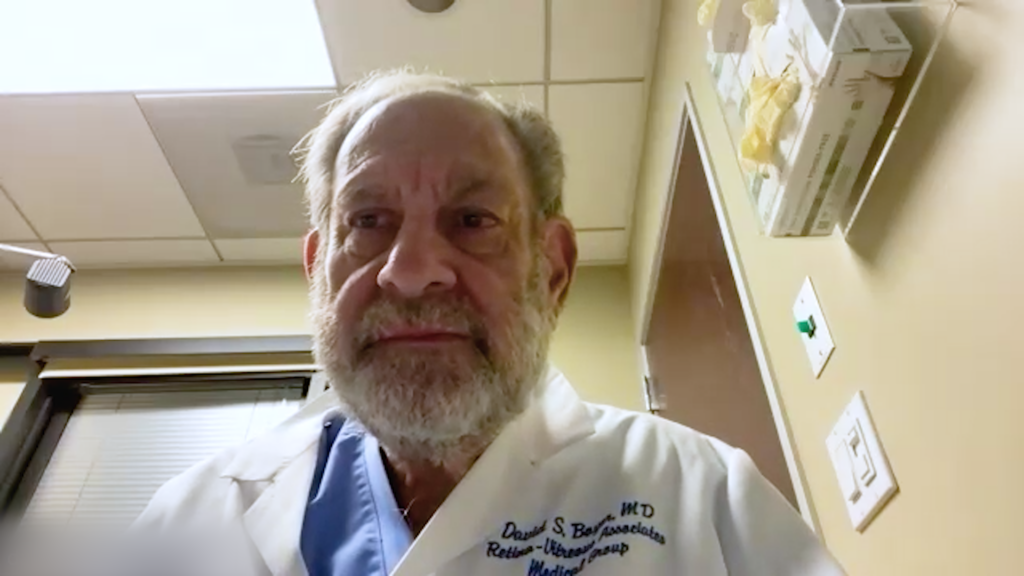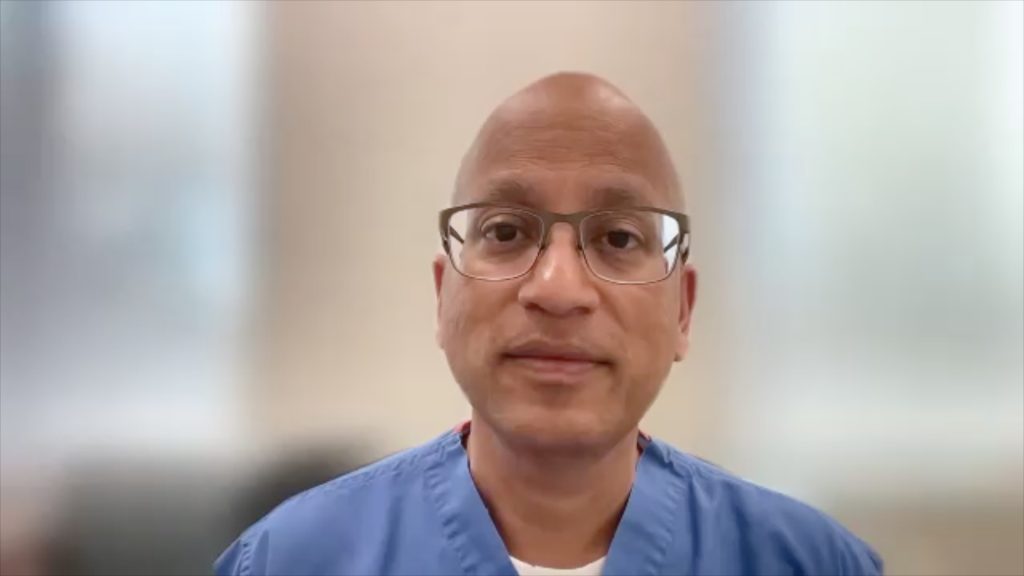We have seen plenty of innovation in ophthalmology, with researchers and clinicians making significant strides in how eye conditions are treated and managed. From improving drug delivery methods to harnessing the potential of gene and stem cell therapies, 2024 has been a year of promising progress across multiple areas. As we edge closer to 2025, we are eager to see what advancements will further improve vision and eye care.
To envision what lies ahead, we turn to our expert Editorial Board to share their insights on the developments shaping the future of ophthalmology:
Enhancing efficiency in clinical practice
 Dr Marjan Farid, Professor of Ophthalmology and Director of Cornea, Cataract, and Refractive Surgery at the Gavin Herbert Eye Institute, envisions a streamlined approach to patient care.
Dr Marjan Farid, Professor of Ophthalmology and Director of Cornea, Cataract, and Refractive Surgery at the Gavin Herbert Eye Institute, envisions a streamlined approach to patient care.
“Over the next ten years I see ophthalmology becoming ever more efficient. Expanded office based procedures and surgeries will become more commonplace, diagnostics that incorporate multiple data points into one device to save on space and costs will be developed, and finally, improved medical record keeping, data analysis, and information sharing will allow improved patient care and safety across their entire medical history.” Dr Farid notes.
This shift promises not only greater accessibility but also enhanced coordination across healthcare providers, ensuring continuity and comprehensive patient care.
Precision diagnostics
 Dr Jesse Berry, Director of Ocular Oncology at Children’s Hospital Los Angeles and USC Roski Eye Institute, highlights the potential of precision diagnostics in transforming treatment paradigms.
Dr Jesse Berry, Director of Ocular Oncology at Children’s Hospital Los Angeles and USC Roski Eye Institute, highlights the potential of precision diagnostics in transforming treatment paradigms.
“Ophthalmologists are fantastic diagnosticians and train for pattern recognition to facilitate patient care. However as we learn more about the genetic and molecular basis of ocular disease, complementary tests— or companion diagnostics — will grow. This has the potential to not only refine the way we diagnose but also the way we prognose and implement treatment across a spectrum of diseases. In ocular oncology these companion diagnostics are being ushered in via liquid biopsy using the aqueous, vitreous and blood. It’s an exciting time to be an ophthalmologist!“
These advancements not only improve diagnostic accuracy but also open doors to personalized medicine, tailoring treatments to each patient’s unique genetic profile.
AI in ophthalmology to improve patient outcomes
 Dr Jennifer Loh, of Loh Ophthalmology Associates and Eye Physicians of Florida, highlights the role of AI in the future of ophthalmology.
Dr Jennifer Loh, of Loh Ophthalmology Associates and Eye Physicians of Florida, highlights the role of AI in the future of ophthalmology.
“I see ophthalmology progressing towards further utilizing AI to help better guide in diagnosis and prognosis for our patients with pathology such as AMD and glaucoma, as well as improve our refractive outcomes for cataract and refractive surgery.”
AI’s potential to analyze vast datasets in real time is set to revolutionize both early detection and long-term management of complex conditions, ensuring better outcomes for patients worldwide.
From AI-driven innovations to precision diagnostics and office-based efficiencies, the future of ophthalmology is poised for big changes in 2025. As these technologies become integrated into clinical practice, ophthalmologists are set to deliver safer, faster, and more personalized care, transforming the lives of patients globally.
It truly is an exciting time to be part of this dynamic field.
Disclosures: This short article was created by touchOPHTHALMOLOGY with no associated fees or funding.













